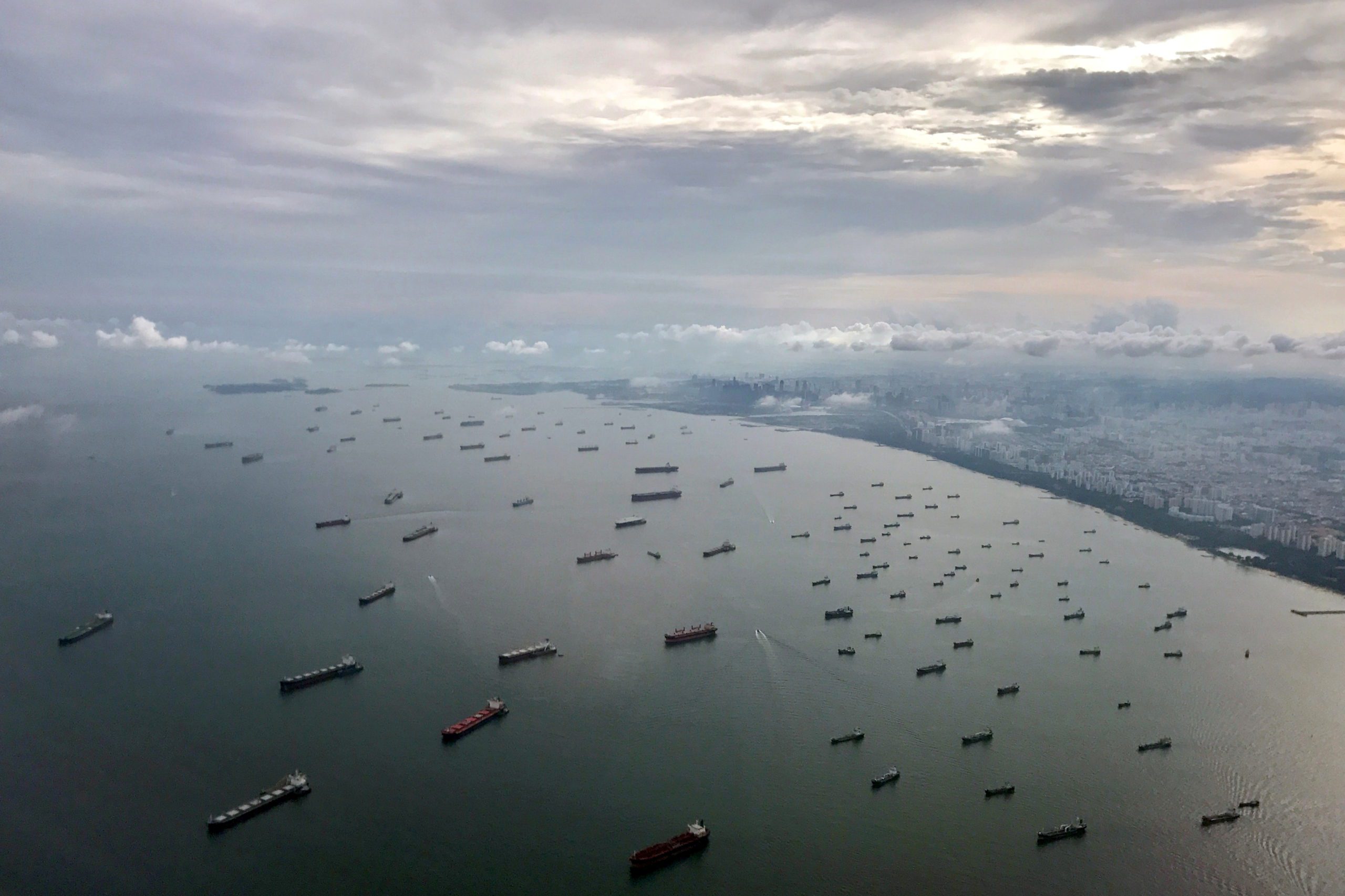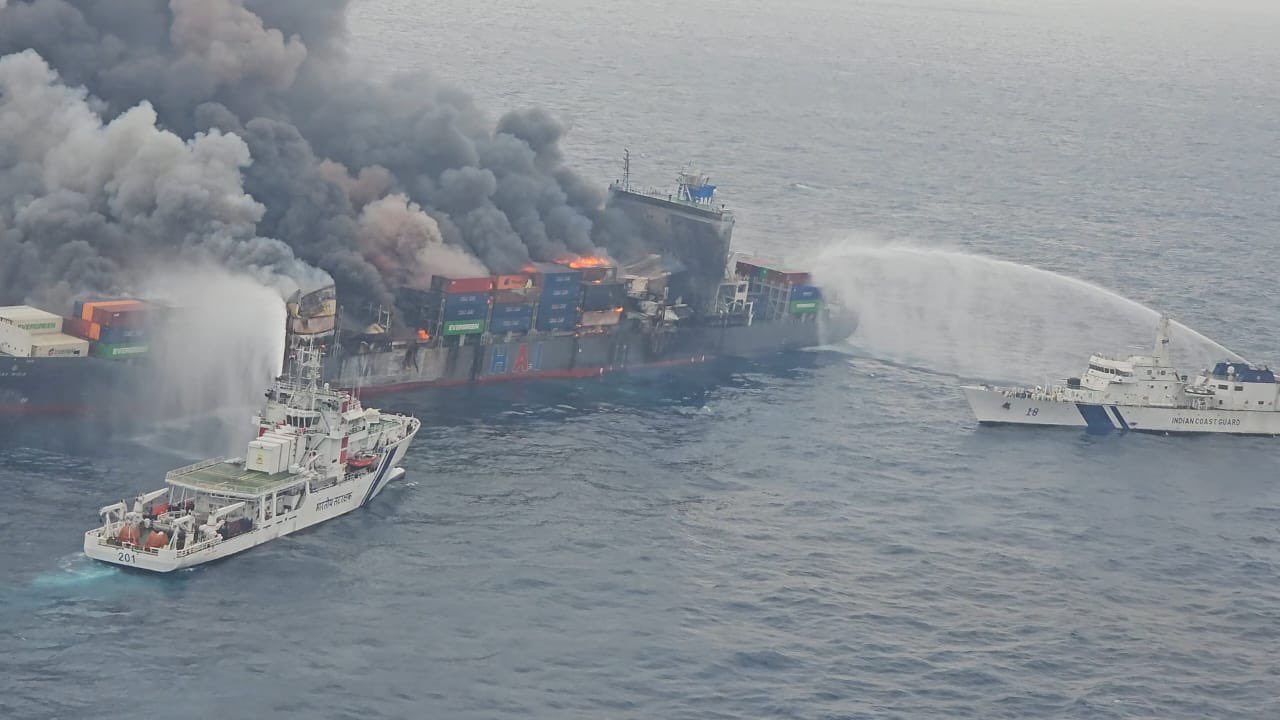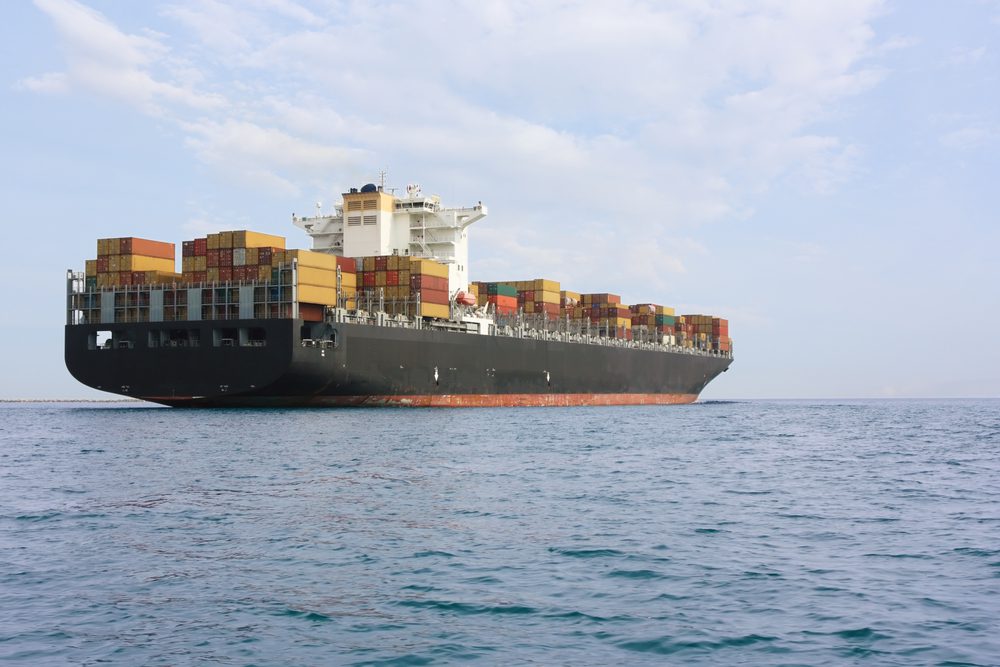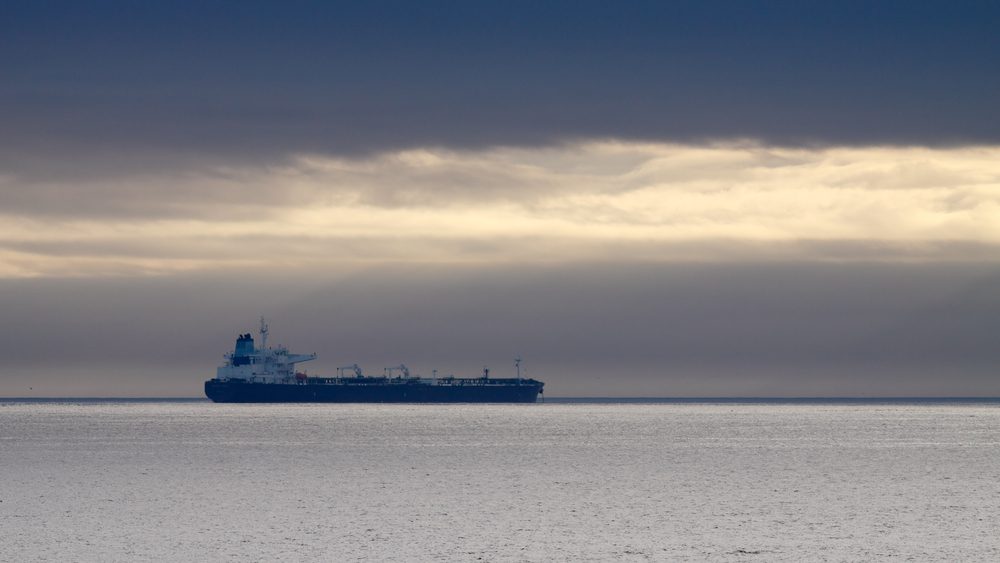The Maritime Port Authority of Singapore (MPA) has released new details from its investigation into bunker fuel contamination at the Port of Singapore, the world’s top bunkering hub, revealing new details about where the fuel came from and measures to prevent a recurrance of the incident in the future.
As reported previously, the MPA said as many as 200 ships had been supplied with High Sulphur Fuel Oil (HSFO) containing high concentration levels of chlorinated organic compounds (COC) at the Port of Singapore, of which 80 have reported various issues with fuel pumps and engines. The MPA was notified of contamination on March 14 and immediately took steps to alert relevant bunker suppliers to halt the supply of the fuel and notify ships of the issue.
The fuel in question was a blended product supplied by Glencore Singapore Pte Ltd, a subsidiary of commodities trading giant Glencore International, to PetroChina International (Singapore), who in turn had already supplied it to a number of ships in the Port of Singapore by the time or learning of the contamination.
The MPA revealed Thursday that its investigation traced the purchase of the contaminated fuel back to January and February 2022.
Glencore had purchased the fuel through Straits Pinnacle, which had contracted its supply from Unicious Energy. The contaminated fuel was loaded onto a tanker at the Port of Khor Fakkan in the United Arab Emirates and shipped to floating storage facilities in Tanjong Pelepas, Malaysia, to be further blended.
The blended fuel was then delivered to storage facilities in Singapore, where are portion of it was sold by Glencore to PetroChina International (Singapore).
MPA said it tested fuel samples taken from various sources, including the tanker that delivered the fuel from the Port of Khor Fakkan, to ascertain the source of contamination.
Fuel onboard the tanker was found to contain high concentrations of COC, while forensic fingerprinting analysis linked the samples from the tanker to samples of several of the affected ships with “reasonable certainty.”
The MPA said its investigation established that both Glencore and PetroChina, as MPA-licensed bunker suppliers, had carried out the required tests on the fuel supplied. However, since current international standards do not require tests for COC, the contamination was not promptly detected.
The MPA said both PetroChina and Glencore “promptly” took the necessary steps to stop supplying the affected fuel, adding that the MPA has not received any report of fuel containing high COC supplied by the two suppliers since March 31.
In light of the incident, MPA is encouraging bunker buyers to request for enhanced fuel testing for COC from their bunker suppliers.
“MPA’s quality fuel assurance measures comprise the Bunker Quality Inspection System (BQIS) and the Intensified Bunker Quality Checks (IBQC)… While the occurrence of COC is rare in bunkers, MPA will include COC to the list of chemicals to be tested under both BQIS and IBQC with immediate effect,” the MPA said in a statement.
MPA and the Singapore Shipping Association (SSA) are currently in discussions with the industry on measures to strengthen the quality assurance of bunkers supplied in Singapore.
“MPA and SSA will co-chair an industry expert group, which will include relevant professional bodies, to establish a list of chemicals to be tested and their corresponding concentration limits. The expert group is expected to make its recommendations on additional measures to strengthen bunker quality assurance of bunkers delivered in Singapore, on an urgent basis,” the MPA said.
MPA is also raising this issue at the international level, including at the IMO. “At the recent International Maritime Organization Maritime Safety Committee (MSC105) working group meeting on measures to enhance the safety of ships related to use of fuel oil’ held between 20 and 29 April 2022, MPA has informed the meeting that a paper on the recent contamination case will be submitted in due course for Member States’ awareness,” the MPA said.

 Join The Club
Join The Club











